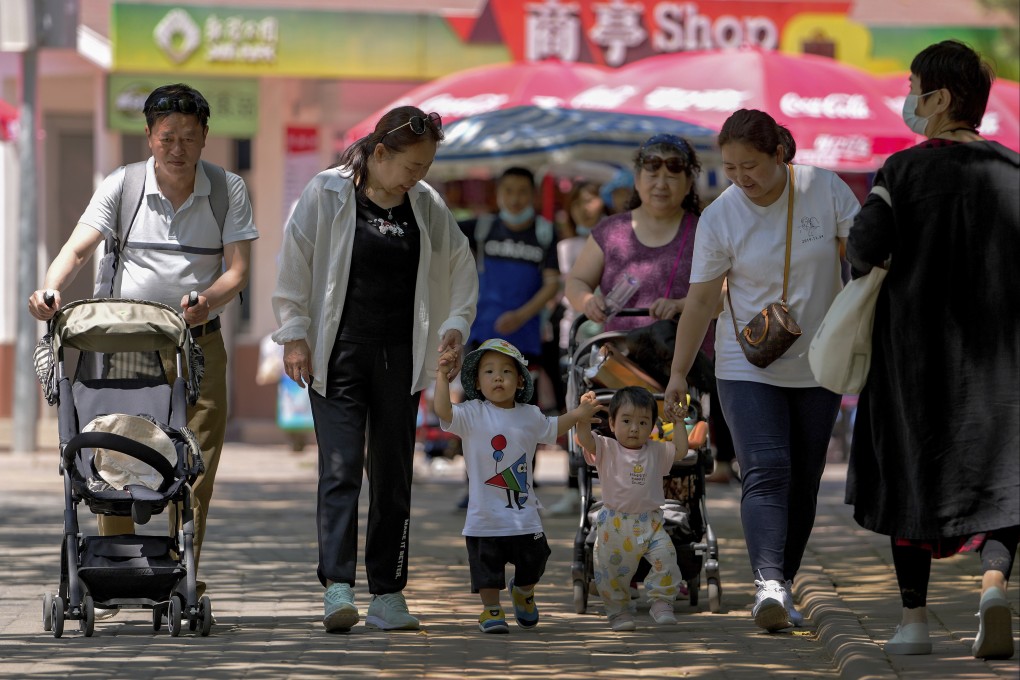China population: demographer says lack of firstborn children, not second or third, is most pressing issue
- Government adviser criticises local-level officials for rewarding couples that have multiple kids while withholding such benefits for those who have just one
- Such measures are seen as an indication that some local authorities have a skewed interpretation of the central government’s population-boosting directives

“The decrease and delay in having firstborn children is the main reason for the falling birth rate,” said He Dan, director of the China Population and Development Research Centre, under the National Health Commission.
“Some local governments overly focus their policies on reward and support for the two-child and three-child families, while the birth of the first child – the foundation of maintaining and improving the overall fertility level – is ignored,” according to her article published in the latest issue of Population and Health magazine.
He Dan is also a delegate with the Chinese People’s Political Consultative Conference, a political advisory body.
China’s firstborn fertility rate fell from 0.7 in 2019 to 0.5 in 2022, and the average age of women having their first child increased from 26.4 to 27.4, indicating that fewer families are opting to have any babies, and further dragging down the birth rates for second and third children.
The number of newborns dropped below 10 million for the first time in modern history, intensifying concerns surrounding the nation’s deepening demographic crisis and sparking new rounds of discussions about how to encourage births.
